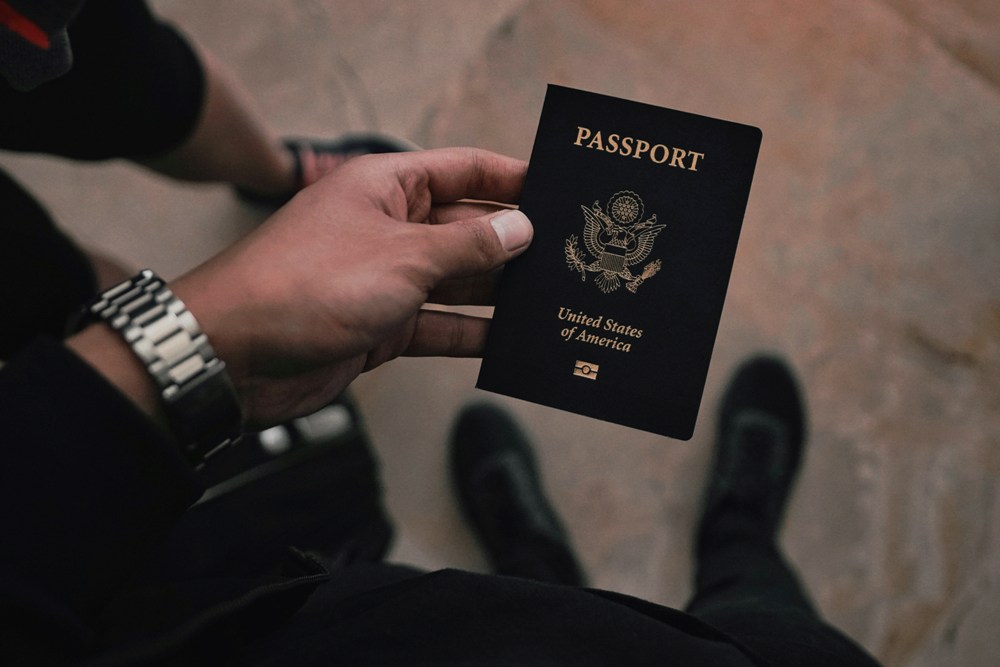
Traveling abroad offers an exciting opportunity to immerse oneself in new cultures, cuisines, and landscapes. However, to ensure a rewarding experience, it's crucial to navigate foreign environments with cultural sensitivity and awareness. Missteps, whether in behavior, preparation, or documentation, can lead to misunderstandings or complications. By understanding and avoiding common pitfalls, travelers can foster positive interactions and make the most of their journeys.
Disregarding Local Customs and Etiquette
Each country possesses its own set of social norms and traditions that may differ significantly from those at home. Ignoring these can inadvertently offend locals or lead to uncomfortable situations. For instance, in some cultures, it's customary to remove shoes before entering a home, while in others, certain gestures or expressions may carry unintended meanings. Researching and respecting local customs demonstrates cultural sensitivity and can enhance interactions with residents, leading to more authentic and enriching experiences.
Overlooking Safety Precautions and Local Laws
While exploring new destinations, it's easy to become engrossed in the adventure and overlook essential safety measures. However, being unaware of local laws or safety guidelines can have serious consequences. For example, certain medications that are legal in one country may be prohibited in another. Additionally, unfamiliarity with local traffic rules or public transportation systems can pose risks. Prior to traveling, familiarize yourself with the destination's regulations and safety recommendations to ensure a secure and enjoyable trip.
Neglecting to Learn Basic Local Phrases
Language barriers can hinder communication and lead to misunderstandings. While fluency isn't necessary, learning basic phrases in the local language, such as greetings, thank you, and directions, can significantly enhance interactions. This effort not only facilitates smoother communication but also shows respect for the local culture. Many locals appreciate when travelers make an attempt to speak their language, often leading to more welcoming and engaging experiences.
Failing to Secure Proper Documentation
Proper documentation is essential for international travel. Issues such as an expired passport, incorrect visa information, or non-compliant passport picture can disrupt travel plans. It's vital to ensure that all identification documents meet the specific requirements of the destination country. For instance, passport photos must adhere to guidelines regarding size, background color, and facial expression. Failing to research and prepare these materials in advance can result in denied boarding at the airport or refusal of entry upon arrival. Travel documentation issues can be especially problematic when visiting countries with strict border control policies or when traveling for time-sensitive purposes such as business meetings or scheduled tours. Always double-check expiration dates, local entry requirements, and embassy advisories well ahead of your departure to avoid unexpected complications.
Disrespecting Environmental and Cultural Sites
Tourist attractions, especially those of cultural or environmental significance, require respectful behavior to preserve their integrity. Actions such as littering, touching delicate artifacts, or straying from designated paths can cause damage and disrespect local heritage. It's important to follow posted guidelines, seek permission before photographing individuals or sacred sites, and avoid contributing to overcrowding in sensitive areas. By acting responsibly, travelers help ensure that these sites remain intact and accessible for future visitors.
Embarking on international travel is an enriching endeavor that broadens perspectives and fosters global understanding. By being mindful of local customs, safety protocols, language nuances, documentation requirements, and respectful conduct, travelers can navigate foreign countries with confidence and grace. Such conscientious behavior not only enhances personal experiences but also contributes positively to the communities visited, paving the way for meaningful and memorable journeys.
MORE ON THE FLASH LIST
































